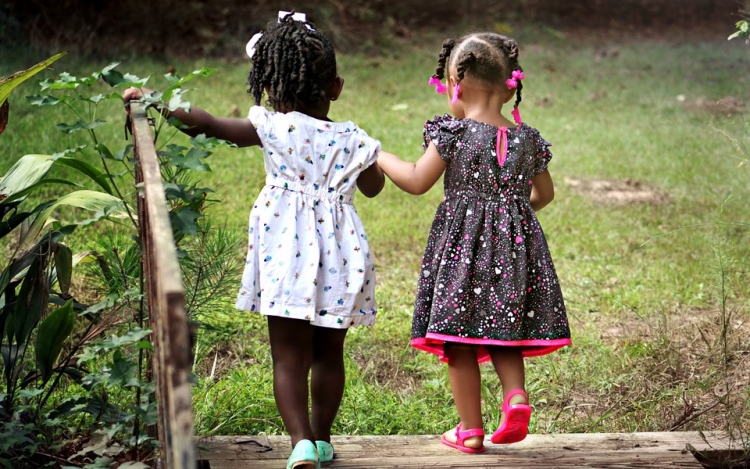Everyone needs to feel a sense of belonging early in life. The people with the best childhood are those who had a place they could call home. Unfortunately, not every child can have that deep anchorage that plants it into a specific place. In a report by the United States Census Bureau, approximately 35.7 million people had changed their residences between 2013 and 2014 alone. That is a staggering statistics that gives us an idea of just how many children are taken from the one place that is familiar to them and forced to live in a new neighborhood.
If you’re a parent who understands how real the struggle is for your children, you’ll do whatever it takes to make the transition more bearable for them. Explaining relocation to children is not easy. Even when moving out is the best course for the family, it’s still hard to make the younger members understand why they can’t attend the same school anymore or why they’d have to say goodbye to their favorite babysitter. When kids feel like they’re being dragged into an unfamiliar place, their natural response is to get agitated. As Thomas Olkowski, co-author of Moving with Children, said, “When you don’t want to move, it can cause even more emotional upset and upheaval.” Now, this begs the question: How can you make your kids want to move or at least appreciate their new home?
Hopefully, this guide on how to help kids cope with moving can give you some answers.
Tip No. 1: Get them on Board Early
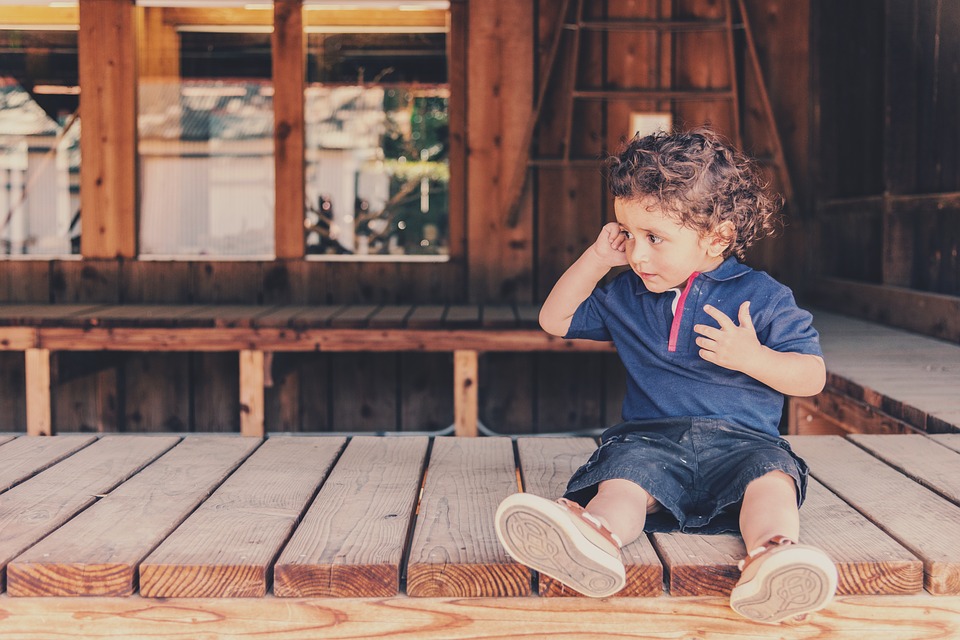
Break down the news to your kids early enough that they can process the information but not too early that they’ll start to overthink. The time leading to the move is critical. If you don’t handle it well, the transition will be rough and ugly. Make sure that you lay the groundwork properly by orienting your kids about the idea of relocating and telling them that it’s all going to be okay. If possible, take them to the new place so they’ll know what to expect about their soon-to-be home. Give them as much information as possible about the move so they won’t feel left out. This big event is as important to them as it is to you.
Tip No. 2: Let them Express their Sentiments

It’s not fair to expect your kids to just take the news and move on. They’ll be upset about it—it just can’t be helped. They’ll whine, they’ll cry, they’ll lock themselves in their room. And that’s okay. It’s normal for kids to react that way. Don’t try to stop them from expressing the emotional turbulence they’re keeping inside. If they want to say something, make it clear that they can always speak up. Keep your doors open so your children will know that you’re always ready to hear their sentiments. It will make them feel a lot better to know that their feelings and opinions actually matter.
Tip No. 3: Make them Feel Like they’re in Control

Try to get the kids to be more involved by giving them a sense of control. For example, let them have the freedom to choose what goes into their box. Let them choose what they want to bring with them and what they’re okay to leave behind. If you reassure them that they get to keep their most special possessions, they will feel less anxious about moving. Also, make them understand that you’re a team. Your entire family is in this together. If your kids want to redesign their own bedroom, go ahead and let them go crazy. It’s their space after all, so let them have it.
Tip No. 4: Plan a Memorable Goodbye
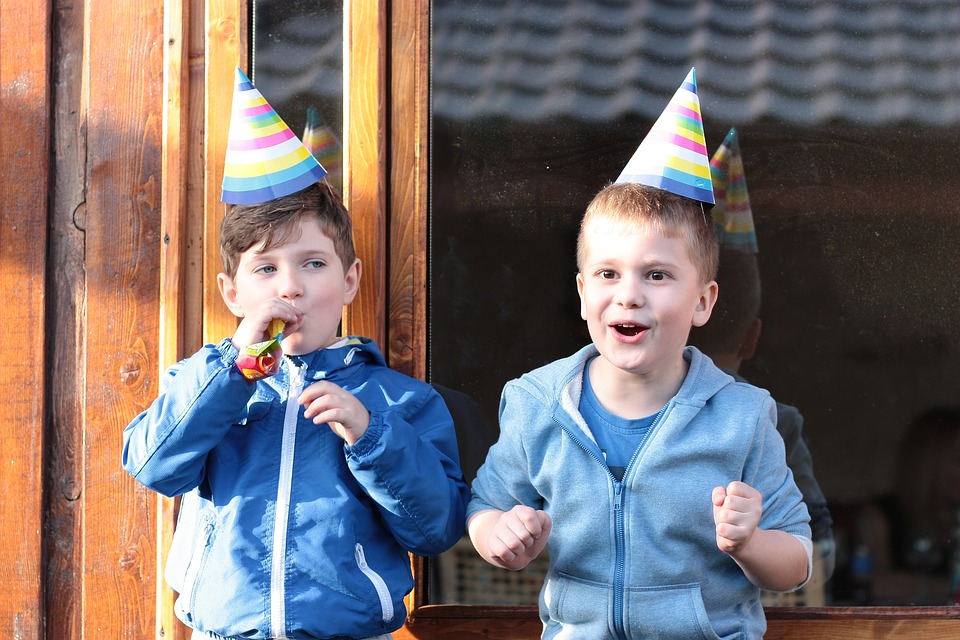
One of the hardest things about moving is saying goodbye to old friends. Remember, your old home is your kids’ entire world. It’s the only place they know. It’s where they met their first best friend and had their first pet. It’s where they had their first ice cream and played their first game. You can’t just impose the big move on them and expect them to leave with anything less than a proper goodbye. To make the transition easier for your kids, you should help them out in their farewells. Some parents have found that encouraging their children to make a scrapbook of their friends, teachers, and the places they love can help them cope faster. Add a picture of the new neighborhood in the last page of the scrapbook to remind your kids that the big move presents an opportunity for them to make new memories. If your kids request for a going-away party, let them have it. It may be the last party they have with their old friends before they make new ones.
Tip No. 5: Project a Positive Attitude About Moving
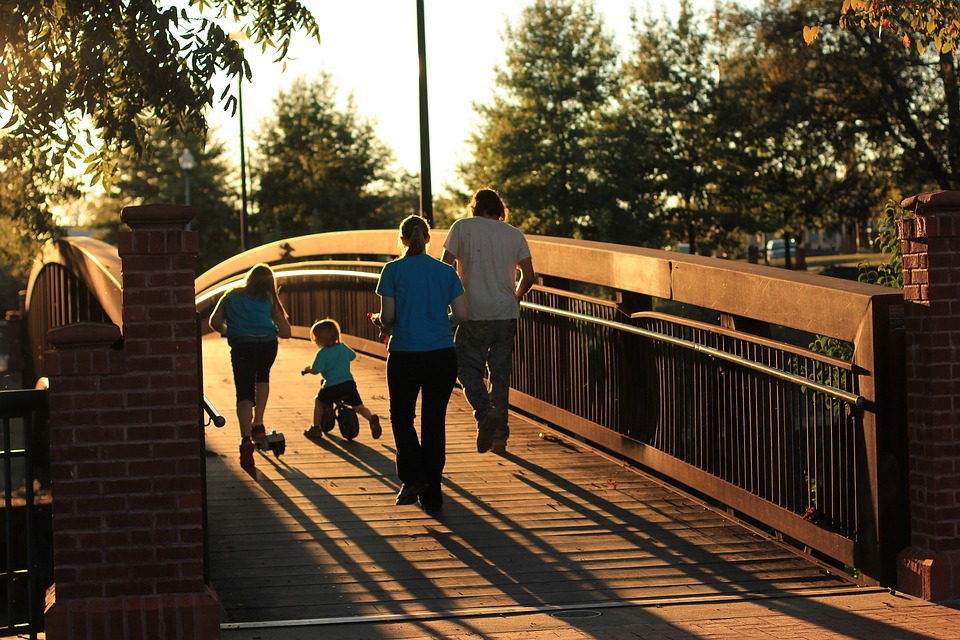
Keeping a positive attitude about the move will help your children cope faster. “Your kids look to you for cues,” said Tammy Gold from Gold Parent Coaching. “If you’re positive, they’ll have a sense that everything will be okay.” But if you’re the first to complain about your new home, your children will follow, and they’ll hate your new neighborhood more intensely than you do. Always look at the brighter side. What benefits can you get out of the big move? If you’re relocating to a new house in the city or the suburbs, list down the positive changes you can expect. If you’re planning to invest in a rent-to-own condo, make sure to let your kids and the entire family know what amenities they can enjoy upon moving in.
Tip No. 6: Build a Sense of Stability
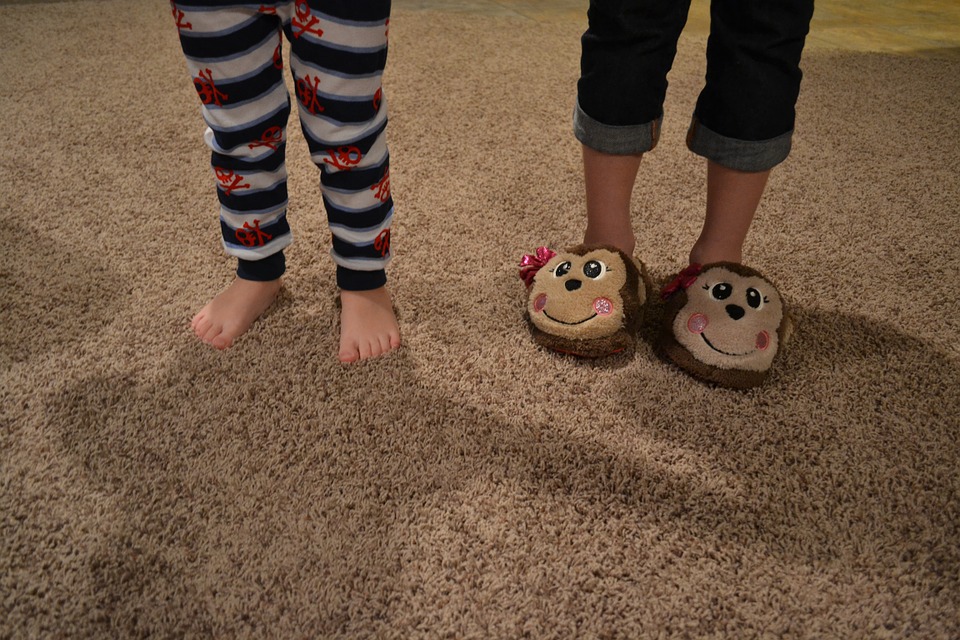
Kids hold on to consistency. They need to feel a sense of familiarity for them to know that they belong. Keep the daily routines like family meals and bedtime stories. These may seem inconsequential, but they can actually help your children feel more comfortable in their new home. Remember, part of relocating is settling in so stick with the familiar.
Tip No. 7: Expect Some things to be Different
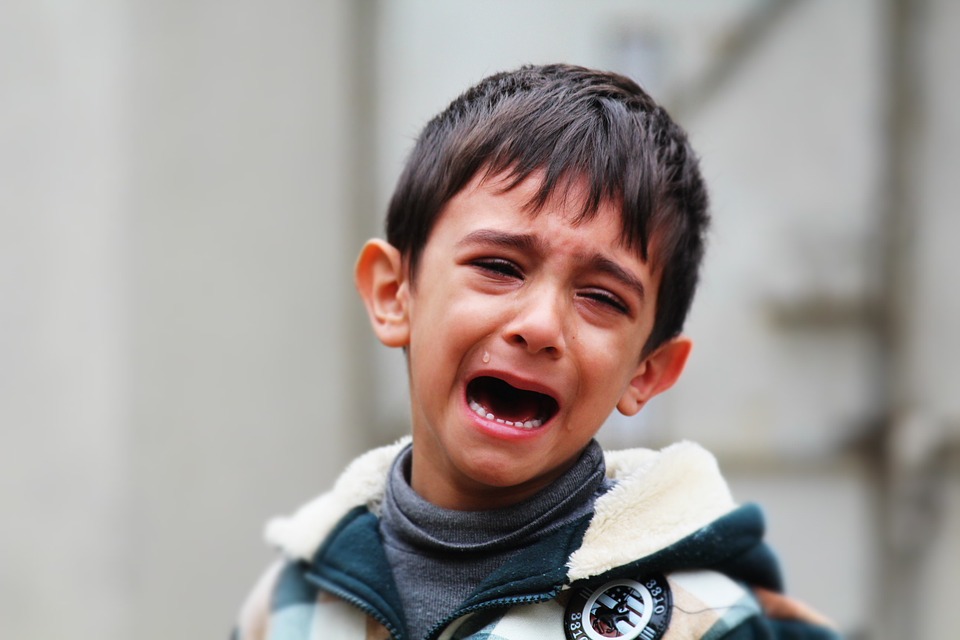
Relocation is a major life event so don’t expect things to stay the same. Your kids, no matter how gifted, are likely to regress in some aspects. Their performance at school may decline and their general behavior may change in the first few months after the move. As Laurie Zelinger, director of the New York Association for Play Therapy, said: “Intense feelings about a move can lead to sleep disruption, appetite change, clinginess, and tantrums.” When your kids are regressing, don’t be hard on them. Try to view the situation through their eyes and see what you can do to help them.
Tip No. 8: Help them Grow Socially

Making friends is one of the biggest challenges your kids will face after moving. They’ll be back to square one: no playmates, no recess buddies, no one. This is why you need to help your kids with their social skills. Don’t assume that they can make new friends on their own. Sure, they’re kids. They’re naturally friendly. They’re guileless and adorable. But the thing is, even they need a push. Make sure you’re around when they need a wingman.
In every decision you make, always think about your kids. Think about how it will affect them and how you can guide them out of their emotional and psychological battles. But don’t make the mistake of forcing them to cope when they’re not ready. Every child follows his own pace. Your role is to guide, not to speed up, your child’s recovery, no matter how long it takes.

